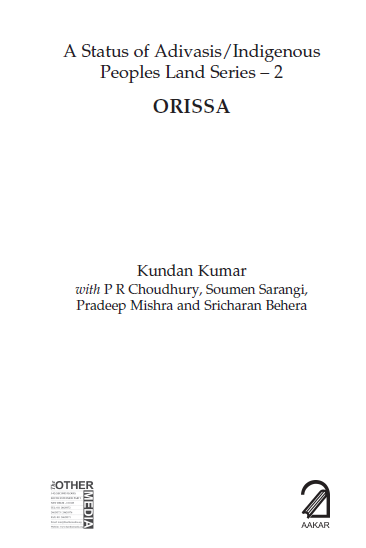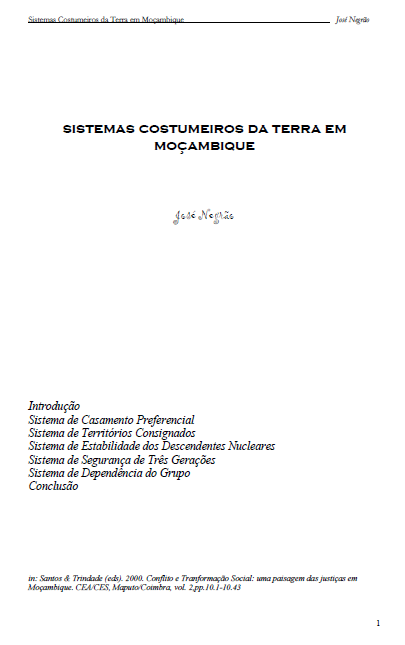Contestation, confusion and corruption
This paper explores the politics of ‘customary’ land tenure, land reform, and traditional leaders in Zambia. In Zambia, as elsewhere in Southern Africa, the government at the behest of donors has implemented market-based tenure reform legislation. This legislation aims to improve the security of land tenure and to promote development through investment. The paper shows how complex, indeterminate, and contentious this tenure reform has been on the ground – particularly in relation to the 94 per cent of Zambian land that is held in ‘customary’ tenure.




